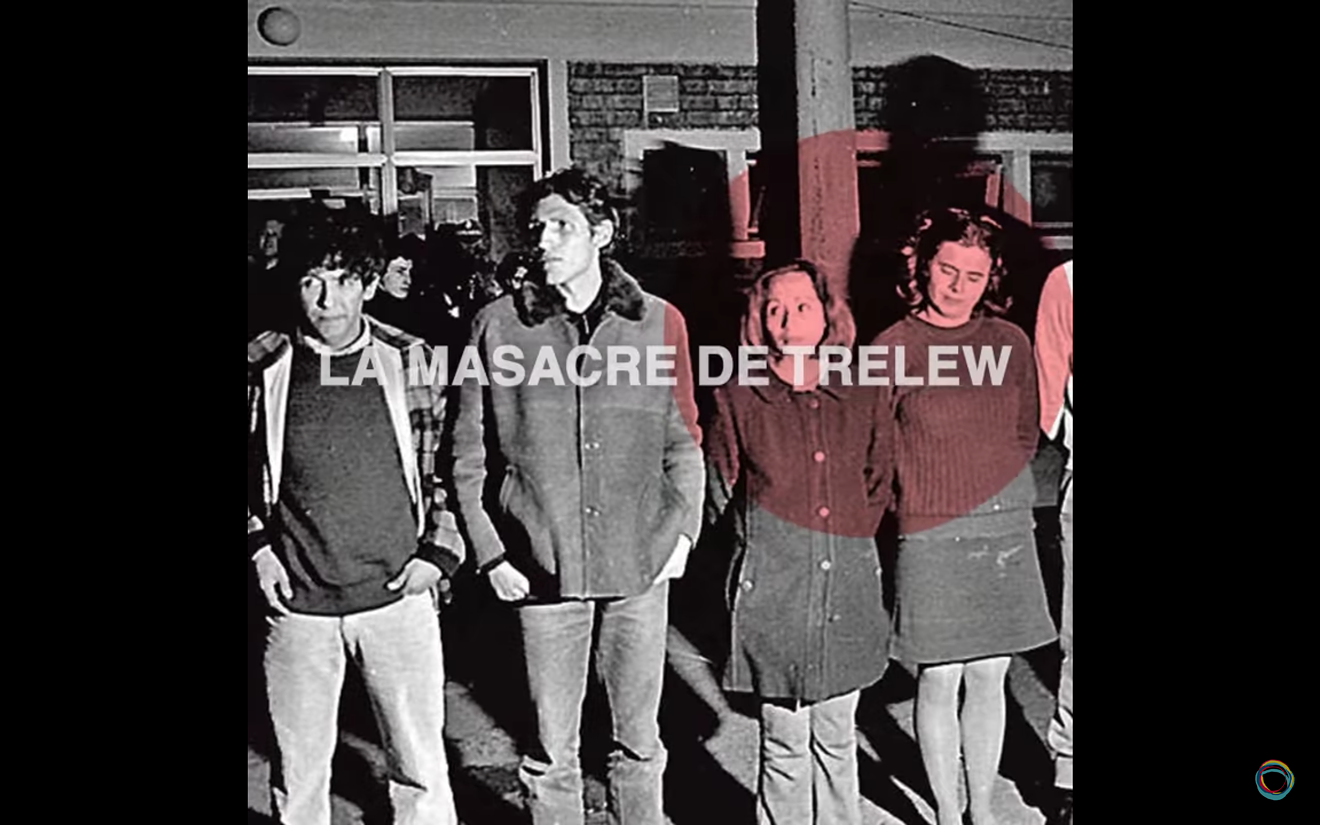Until now.
Next month, a civil trial will begin in federal court against Bravo, now 79, who lives in a waterfront home in North Miami that he purchased for $1.6 million in 2016. The four plaintiffs are family members of Trelew Massacre victims Raquel Camps, Eduardo Cappello, Alicia Krueger, and Marcela Santucho. Their complaint (attached at the end of this article) alleges that Bravo personally had a hand in the torture, humiliation, and death or injury of their loved ones in Argentina. They seek unspecified compensatory and punitive damages.
"Defendant Bravo...subjected the prisoners to humiliating and degrading treatment amounting to torture, including sleep deprivation, stress positions, forced nudity, and mock executions," states the complaint, filed in October of 2020. "Bravo and the other officers opened fire on the prisoners with machine guns and pistols."
According to the complaint, Bravo is alleged to have personally ordered and overseen the torture of the plaintiffs' relatives. The victims were political prisoners who had spoken out against then-president Alejandro Agustín Lanusse and were taken from their homes in Buenos Aires and imprisoned in a maximum-security facility in southern Argentina. In August of 1972, 25 of those prisoners attempted to escape, but only six got away. The remaining 19 were recaptured and taken to Almirante Zar Naval Base in Trelew, where they were repeatedly stripped, threatened, deprived of sleep, and ultimately killed on August 22, 1972.
#MasacreDeTrelew Hace 48 años, en una base aeronaval de Trelew, 19 presxs políticos fueron fusilados. 3 sobrevivieron y contaron la historia, pero fueron asesinados después. Exigimos la extradición del fusilador Roberto Bravo, detenido en EEUU.#NiOlvidoNiPerdón#JuicioYCastigo pic.twitter.com/LJ3EeVF6xd
— Asociación Miguel Bru (@CasaMiguelBru) August 22, 2020
The complaint alleges that Bravo would force the prisoners to work in the nude and threatened them when they did not follow orders, at one point remarking that the prisoners should be killed rather than kept.
"He forced prisoner Mariano Pujadas to strip and sweep the floor while nude. Bravo and the other officers conducted a mock shooting of some prisoners. Bravo told a subordinate they should kill the prisoners instead of feeding them," reads the complaint.
Bravo's lead attorney on the case, Neal Sonnett, tells New Times that his client maintains his innocence, and that the allegations against him are false.
"The lawsuit against Roberto Bravo is legally wrong, factually untrue, and morally bankrupt," Sonnett writes in an emailed statement. "The events in the complaint took place almost 50 years ago.... [Bravo] continues to forcefully deny these false allegations and he will vigorously defend this lawsuit and his honor."
Sonnett notes that attempts to extradite Bravo to Argentina to face criminal charges have met with failure in U.S. courts.
In 2010, in denying the Argentine government's effort to extradite Bravo, a U.S. federal court found that Bravo was protected by an Argentine amnesty law and had been acquitted by a military tribunal.
"[A federal judge] found that Mr. Bravo had been acquitted in Argentina of any wrongdoing, and that charges brought in Argentina more than 30 years later were 'political offenses' barred by our Extradition Treaty," Sonnett writes.
The three other officers allegedly involved in the incident — Luis Sosa, Emilio Del Real, and Carlos Marandino — were convicted by an Argentine criminal court in 2012 and sentenced to life in prison for killing the unarmed prisoners.
Even as the Argentine government is again seeking to extradite Bravo for prosecution, the civil suit is proceeding in the U.S. Southern District Court of Florida under the Torture Victims Protection Act (TVPA), a 1991 U.S. law that allows victims of torture and extrajudicial killings and their families to seek civil damages against the perpetrators.
The TVPA applies "even for crimes that have occurred abroad," explains Ela Matthews, senior staff attorney for the Center for Justice & Accountability (CJA), a nonprofit firm that brings civil suits against perpetrators of war crimes and so-called crimes against humanity. (Last year, the CJA won a landmark case under the TVPA against Moses Thomas, a Colonel in the Liberian military who was accused of perpetrating the murder of 600 civilians at St. Peter's Lutheran Church in Monrovia in 1990.)
Barring delays or postponements, jury selection in Bravo's case is set to begin in June.
"The defendant has for 50 years not faced any form of accountability while living freely in the U.S., and the plaintiffs have been trying to get justice for decades," Matthew says. "This is the opportunity to get that justice with respect to Bravo."












